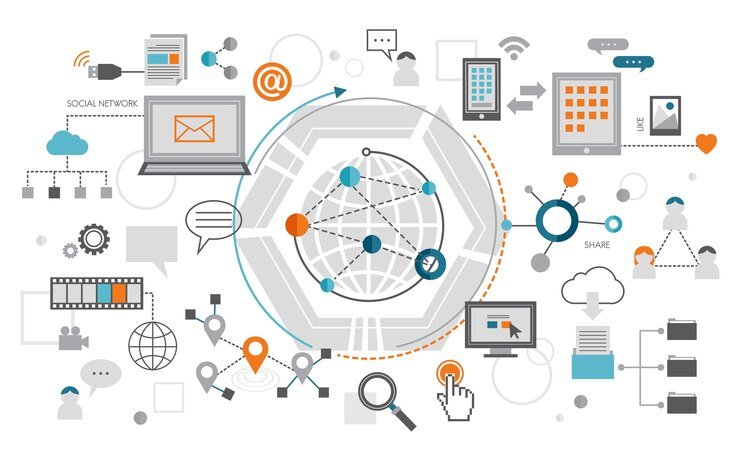In today’s rapidly evolving world, technology has become deeply intertwined with every aspect of our lives, including the democratic process. The emergence of digital platforms and the widespread adoption of information technology (IT) have transformed how society engages in democracy. While these advancements offer unprecedented opportunities for participation and transparency, they also present significant challenges that must be addressed to ensure the integrity and inclusivity of democratic practices.
The Rise of Digital Democracy Digital democracy refers to the use of technology to enhance the democratic process, encourage civic engagement, and facilitate the exchange of ideas among citizens and their representatives. In recent years, the proliferation of social media, online forums, and digital communication tools has empowered individuals to express their opinions, organize movements, and hold governments accountable in ways previously unimaginable.
Challenges to Digital Democracy Despite its potential, digital democracy faces several challenges that threaten its effectiveness and credibility. One of the most pressing issues is the spread of misinformation and disinformation online. With the increasing use of social media algorithms and echo chambers, false narratives can quickly gain traction, undermining public discourse and eroding trust in democratic institutions. Additionally, digital divides persist, where marginalized communities often lack access to the internet or the digital literacy skills needed to fully participate in online discussions. This exclusion exacerbates existing disparities and impedes efforts to create truly inclusive democratic processes.
Upholding Democratic Values To address these challenges, it is important to uphold democratic values in the digital realm. This requires a multi-faceted approach that combines technological solutions with policy interventions and civic education efforts. Firstly, there is a need for greater transparency and accountability from online platforms. Companies such as Facebook and Twitter must take responsibility for the content shared on their platforms and implement measures to combat the spread of false information. This may include investing in algorithms that prioritize credible sources, partnering with fact-checking organizations, and enhancing user education on media literacy. Additionally, governments play a crucial role in regulating the digital landscape to ensure it remains conducive to democratic principles. This may involve updating existing laws and regulations to address online threats to freedom of expression, privacy, and electoral integrity. It also requires investment in digital infrastructure to bridge the digital divide and promote equal access to online resources for all citizens.
Harnessing Technology for Democratic Innovation Despite numerous challenges, technology also presents unique opportunities for democratic innovation. Blockchain technology, for example, has the potential to revolutionize voting systems by providing a secure and transparent way to record and verify votes. Similarly, digital platforms can be utilized to crowdsource policy ideas, gather input from the public, and facilitate deliberate decision-making processes. Furthermore, digital democracy opens new channels for civic engagement and activism, allowing individuals to connect with like-minded peers, mobilize support for causes they believe in, and directly participate in the political process. From online petitions to virtual town halls, technology offers a variety of ways for citizens to voice their opinions and shape the future of their communities.




